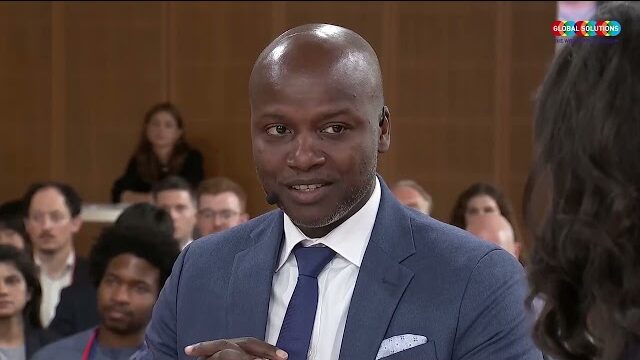Topics:
Summit 2023
Summit 2023
Tectonic shifts in the world order, caused by changing dynamics of power and growth among nation states, keep causing quakes and eruptions. At the same time, all the world’s nations share one planet and are intricately intertwined by globalization. Ultimately, they are all in the same boat. In the face of multiple interrelated global crises, one question is becoming imperative: How should nations be approaching international affairs? Global challenges like climate change and pandemics tolerate no delay and make effective international cooperation a necessity. They call for foreign policies based on shared interests and joint problem-solving. It seems clear that pragmatic crisis management should take precedence over fundamental debates on principles. The geopolitical reality is more complex. The debate on values persists in international relations and is coming to a head amid the “democracies vs. autocracies” issue and increasing polarization. Convinced that they are standing up for what is good and right, most countries promote and defend their core values and beliefs, and the differences can be significant. While universal values are enshrined in the UN Charter and in the Universal Declaration of Human Rights, disagreements persist over how to interpret or apply them. In addition to recent shifts of power and alliances, persisting inequalities between countries, as well as solidarity or non-alignment rooted in a history of colonialism, wars, blocs and economic and political superpowers still influence international relations. The session will focus on the role of values and world views in international relations, with the aim of contributing to a common commitment to international cooperation to address global problems. At the same time, changing dynamics and power architecture must be taken into account and the multilateral system recalibrated in response to these as well as new and complex challenges for humanity.

